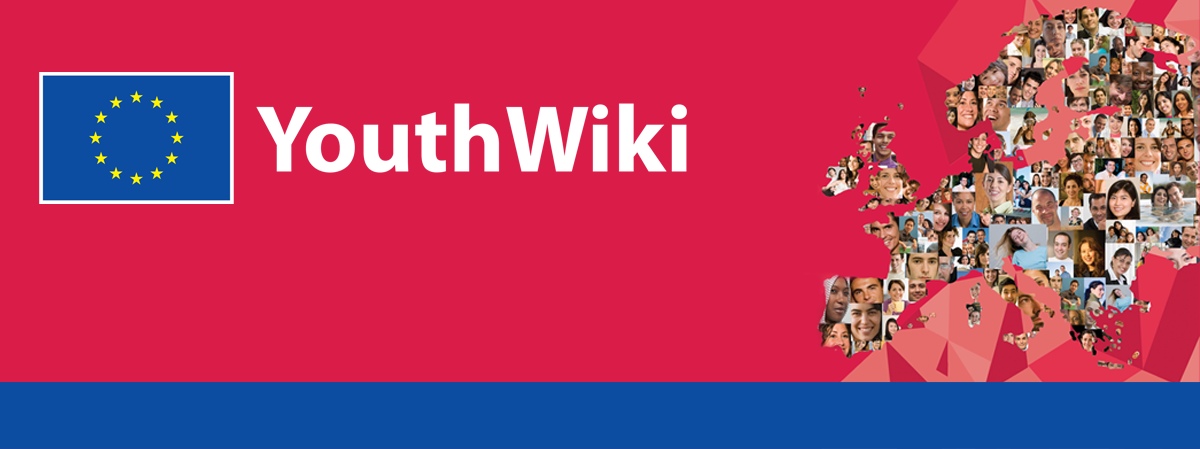National Correspondent – UNIWA
The University of West Attica (UNIWA), established in 2018, originates from the merger of three historical and dynamic educational and research entities in the region of Attica:
- the Technological Educational Institute of Athens,
- the Piraeus University of Applied Sciences and
- the National School of Public Health,
which have produced thousands of graduates and contributed to the national and worldwide development of Greece. The first two Institutes have had a remarkable 45-year course since their establishment, while the National School of Public Health, which merged with UNIWA in 2019, preserved since its foundation an outstanding contribution of 90 years in Hellenic Education.
UNIWA facilities span three campuses in the Attica Prefecture:
- Egaleo Park Campus, in Egaleo, a suburb to the west of the city of Athens,
- Ancient Olive Grove Campus, also in Egaleo, and
- Athens Campus, in Athens,
while a fourth campus is currently being developed in the suburb of Moschato.
UNIWA, with more than 57,000 undergraduate students and more than 6,000 postgraduate and doctoral students enrolled to its study programs, is the second biggest HEI in Attica and the third in the country in terms of student population.
The university consists of 6 Schools:
- School of Public Health,
- School of Administrative, Economics & Social Sciences,
- School of Food Sciences,
- School of Health and Care Sciences,
- School of Applied Arts and Culture and
- School of Engineering.
It comprises a total of 27 Departments, which operate within the aforementioned Schools, covering a wide range of scientific fields. All study programs provide graduates with specialized scientific knowledge, skills and abilities, connecting the academic community with society and the labor market.
As part of its research activities, UNIWA implements research programs, either independently or through collaborations with other HEIs, research centers and agencies, active at national or international level. UNIWA has 79 research laboratories and supports more than 320 research programs. The institution’s participation in research projects aims to promote excellence, create the appropriate research environment, promote innovation, transfer know-how and upgrade the education provided.
UNIWA places particular emphasis on its international presence, having made the most of the previous work produced by its establishing HEIs and developing new international connections. Numerous international agreements, some of them in the context of research programs such as Erasmus+, international study programs of all cycles, international publications of members of its academic community, organization of international scientific conferences, awarding of Honorary Doctorate titles to prominent foreign representatives of the scientific disciplines treated by the institution, are only a minimal of the international policy of UNIWA. The institution also participates as a member in international educational organizations and university associations (United Nations Academic Impact, International Association of Universities, European University Association, etc.).
UNIWA’s strategy is to invest in people and its practice is to co-operate with the academic community based on a system of values, trust, stability and credibility with ethics and justice, providing equal opportunities and applying the university’s meritocracy and accountability to society. At the same time, it encourages the intensification of digital transformation, innovation and academic cosmopolitanism.


